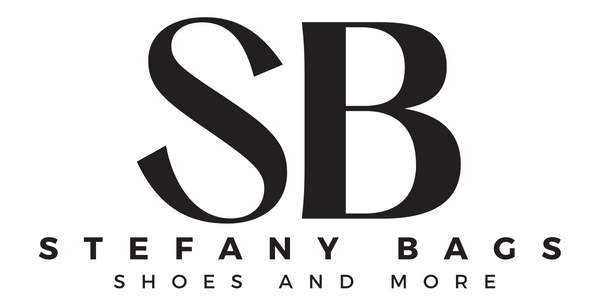
Vestiaire Collective's Rapid Changes: Who Benefits ?
Share
© 2024 Stefany Bags Shoes and More
Following our previous analysis of the competitive landscape between Vestiaire Collective (VC) and Mercari, we have observed some significant developments in the way VC manages its platform and engages with its users. In January, VC introduced a new fee structure, imposing a 3% fee on buyers. This move was met with disapproval from both buyers and sellers, as sellers had to adjust their pricing to accommodate the additional cost. By February, VC swiftly eliminated this fee, likely due to a noticeable drop in seller engagement and buyer willingness to make purchases.
However, recent observations in May indicate that VC has introduced a new fixed $5 processing fee for buyers, again without any formal announcement. This unilateral decision has not been well received, as evidenced by a rapid decline in VC sales starting from the same period. Buyers and sellers have shown resistance to these abrupt and unannounced changes, which do not appear to favor the community. In contrast, platforms like Mercari actively listen to their users and make adjustments based on community feedback, highlighting a stark difference in approach.
Additionally, VC has implemented a new policy limiting sellers to only 10 pictures per listing, down from an unlimited amount. This limitation poses a significant challenge for sellers, as they must now carefully select which views of their items to showcase, often leaving out important details that buyers might request. The reduced number of images complicates the selling process and can lead to decreased buyer interest and trust.
Another point of contention is VC's authentication process, which takes place in their Brooklyn, NY warehouse. While the staff is generally knowledgeable, they often flag small defects that most buyers would overlook, given the inherent imperfections in vintage items. This practice forces buyers into a difficult decision: either reject the item upon review, canceling the sale, or accept it unconditionally with no option for return. This creates a high-stress scenario for buyers, who often opt to cancel the order, negatively impacting sales for sellers.
Our analysis of Google organic versus paid search traffic for VC's US branch reveals a significant decline of nearly 30% in the past two to three months. VC appears to be attempting to offset this decline with increased paid advertising. While it's unclear whether this drop in traffic is due to VC's internal platform changes or recent adjustments in Google's search algorithm, it is likely a combination of both factors contributing to the decrease in user engagement and overall sales on the platform.
In conclusion, while VC continues to navigate these changes and challenges, it is crucial for the platform to consider the needs and feedback of its community to maintain and grow its user base. Unilateral decisions and restrictive policies can lead to dissatisfaction and disengagement, whereas a more responsive and user-centric approach could foster loyalty and long-term success.
